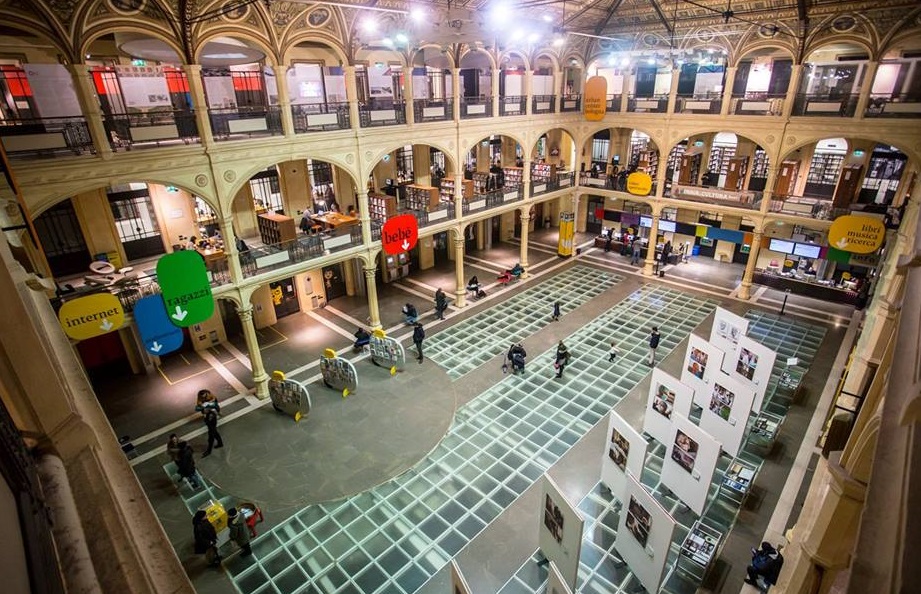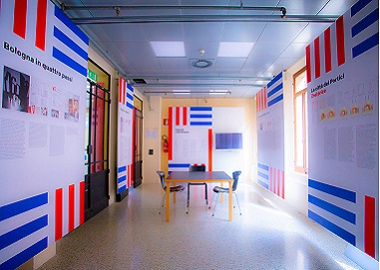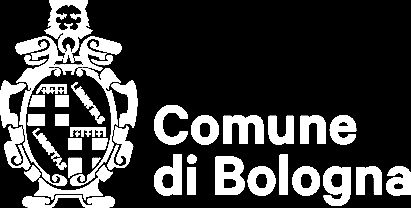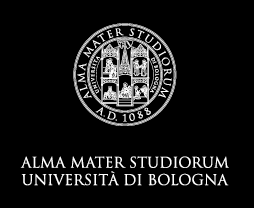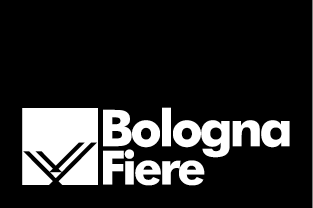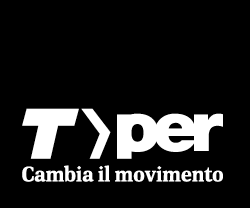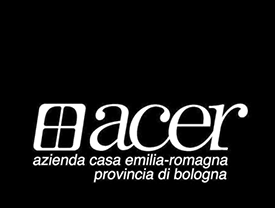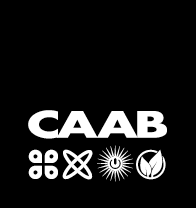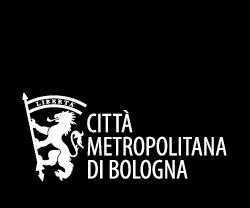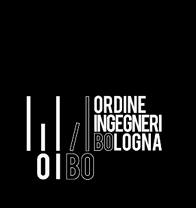Uncategorised
fiu Progetti Macro Aree
Mapping the present
Current activities at the Foundation come together under the project ‘Mapping the Present’, a research and documentation centre regarding changes in the contemporary world which favours the use of cartography and multimedia technologies.
This project began in 2006 and forms part of the Cartographic Office in the Department of History, Culture, and Civilization at the University of Bologna in collaboration with newspapers, journals, publishing houses, research centres, and other foundations. At the same time, it provides innovative training activities through the organization of laboratories and educational courses.
In this respect, the Foundation aims to develop two main project threads. The first is Data-Lab, whose purpose is to document urban changes through visual representation that can select and synthesize the growing flow of data and information available following the digital revolution. This project focuses on the production of digital, interactive informative maps in the form of archives and digital atlases and the synthetic processing of big and open data (urban atlas).
The second entails training and applied research activities that the Foundation, always in close collaboration with the University of Bologna, offers in relation to the challenges of the continuous transformation that the city is faced with. The focus is the use of digital tools and data and their visualization, also through innovation labs capable of developing and collecting proposals for new ideas and products.
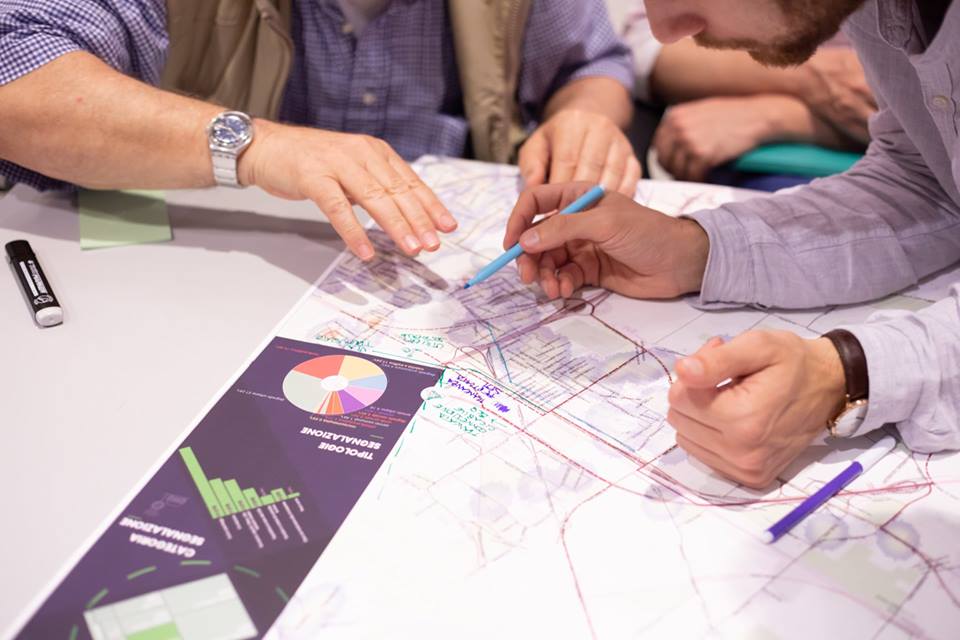
Civic imagination
The Foundation promotes Civic Imagination, that is, a means of listening, collaboration, participation, and co-production related to projects and policies in the city, its neighbourhoods, and the entire metropolitan area. The specific focus is the care and regeneration of urban common goods.
Occasionally relying on methods and tools combined according to the objectives, places, and contexts addressed, our multi-professional team in the Office of Civic Imagination works as a research and development group to connect the resources, choices, and projects of the Administration with the needs, potential, and capacities of citizens and the community. With the strategies identified by the Urban Innovation Plan, the goal is to imagine new solutions so that city government is increasingly the fruit of exercising shared responsibility in caring for spaces and places, in the sustainable use and equal enhancement of local resources.
To this end, our task at the Foundation is to facilitate the activation and design of participatory processes and manage its monitoring. To perform these activities, the Foundation organizes campaigns, initiatives, and events regarding the territory in close collaboration with associates, neighbourhoods, and other public and private institutions. We also promote co-design and innovation laboratories, involving and enhancing the different skills characteristic of the territory of Bologna to develop and collect proposals for new ideas and solutions. Laboratory activities are organized both for places undergoing transformation (for example, the use of buildings and participatory budgeting) and for issues of community interest (for example, mobility, air quality, management of public spaces, etc.).
Our perspective aims to be increasingly oriented not only at mutual listening and collaboration, but also at establishing true ways for the Administration and citizens to co-produce decisions regarding public policies.
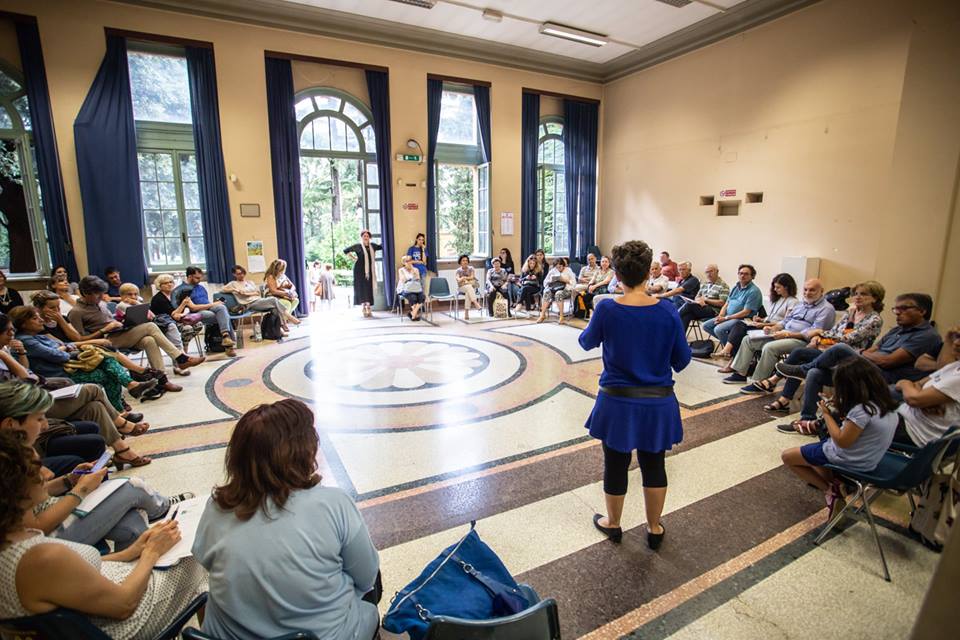
Urban Center
Urban Center aims to promote culture and the dissemination of urban issues on the community level, as well as in Italy and abroad.
Access to knowledge is the unavoidable premise of any participatory process. This therefore includes the ‘historical’ function of telling the city about the city and, in particular, current urban transformations and those planned for the near future.
The goal of Urban Center is to situate Bologna at the centre of narration made accessible in its forms and content through constant work to ‘translate’ technical language into a language and visualization that can be understood by everyone. The goal is to bring together data and information, thereby stimulating reflections, public debate, and proposals for the city’s future.
This objective is also combined with the way in which the spaces managed by the Foundation — which constitute our offices — are used. They are designed to house various activities intended to involve different participants interested in the material and immaterial changes in the city, also enabling the Foundation to become a recognized place for information and communication about these topics.
The Foundation has organized and hosts a permanent exhibition in its spaces (currently being prepared) to present the major current and future projects to regenerate the city and urban policies tied to the environment and mobility, territorial promotion and urban enhancement, and the digital city. The Foundation’s spaces are also used to organize and host many temporary exhibitions, laboratories, workshops, seminars, and conferences, whether organized by the Foundation or other subjects.
